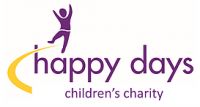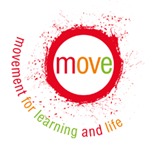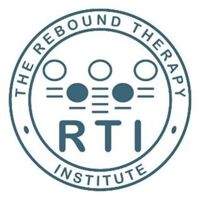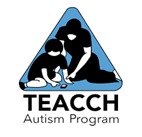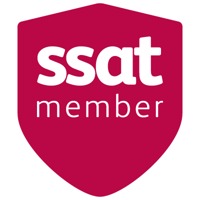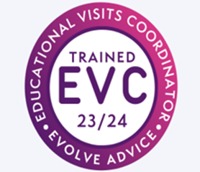- IMG_3807
The Curriculum
'The excellent curriculum offers the breadth of work and experiences which address the wide range of pupils' needs very effectively.' (Ofsted)
Our values of Independence, Inclusiveness and Enjoyment enable us:
-
To maximise the individual’s capability for independent living, their full potential for intellectual and physical development and their ability to act autonomously
-
To empower the individual to take an active and positive role in their social environment (at home, School and in the community) according to socially accepted standards of behaviour and to create an awareness of moral and cultural values
-
To increase the individual’s capacity for enjoyment through the provision of creative and spiritual experiences
These relate to the four areas in each pupil’s Education Health and Care Plans:
- Communication and Interaction
- Cognition and Learning
- Physical and Sensory Development
- Personal, Social and Health Education including Mental Health and Wellbeing
What we are trying to achieve: Intent
We aim to work with pupils and their families to provide individuals with skills, abilities and attitudes that are functional (useful) to everyday life. For each day in activities and settings relevant to the individual now and into the short, medium and longer term equipped as best as possible for ‘My Day’ now and into the coming weeks and years.
In particular when considering learning outcomes for pupils we aim to:
- Promote effective communication systems to express needs, desires, ideas and feelings and to comprehend those of others.
- Promote conceptual development and mathematical abilities.
- Promote knowledge and understanding of the World.
- Exploit the individual’s potential to acquire physical capabilities which minimise dependence on others for self care, sustenance, movement and social mobility.
- Help individuals to develop personally and socially enabling them to make choices, behave appropriately, form relationships and develop healthy life-styles.
- Provide opportunities for the development of self-esteem and confidence.
- Promote individual’s potential for full sensory, imaginative and creative development through the provision of a range and variety of experiences.
- Promote moral and spiritual development.
- Extend and supplement the individual’s natural abilities and interests in sporting and aesthetic activities including health fitness and leisure activities.
How we deliver this: Implementation
First and foremost we recognise and respect each child and young person as a unique individual.
Our approach to delivery is based on the identification of individual need and ability rather than to try and fit the individual to pre-set, general curriculum subjects and schemes of work.
What’s important?
It’s important when we look at delivery to accept that our pupils are not ‘readymade learners’.
Parents and professionals familiar with initial assessments and reports will recognise statements such as: “On their own agenda” or “Has fleeting Attention”.
Working on individual’s ‘Learning to Learn’ skills is therefore essential for our pupils.
Improving children’s ability to stay focussed and utilising what engages them provides a platform for developing new skills and broadening their experiences.
The context for learning and the methods for teaching take into account how each pupil learns best. All of our pupils do however respond well to consistency and continuity.
Where pupils are confident and comfortable in their environment they become more recipient learners. Well practiced routines and schedules are used as a good basis to extend learning sessions and their range of learning experiences and objectives.
We can then adjust the nature of the learning context and the methods applied to suit the individual. For many cases one to one working is productive but for some types of learning small group settings works well. Equally, the level of distraction will be a factor to consider.
Keeping records of how individuals have responded to these factors including how much help (prompting) was required will assist in maintaining consistency across each teaching team member when they are working with different pupils.
The difference we make: Impact
Children and young people should never be frightened of failing or anxious in their learning environments.
Aside from progress in the ‘subject’ content of any curriculum these are fundamental aims which have an impact on their lives and those of their families in wider community settings.
An underlying difference we make is in terms of our pupil’s accessibility and receptiveness which in turn promotes participation.
In terms of learnt skills and development it is not possible to provide a specific range of attainments across particular subjects given the very diverse range of our young people’s abilities and needs.
We will however have helped our pupils to achieve improved communication whether through the expression of conventional language and its comprehension or by establishing Alternative and Augmentative means of Communication.
Those young people with Physical Disabilities will have improved posture, core stability, co-ordination and mobility.
We will have made improvements in our young people’s social skills, their interactions with others and their preparedness for emotional challenges.
We hope that in all of these areas of development we will have made a difference in terms of accessing and participating in their wider community.
If you require any further information regarding our curriculum please contact Richard Gargon, Headteacher at the School, who will be happy to help.

